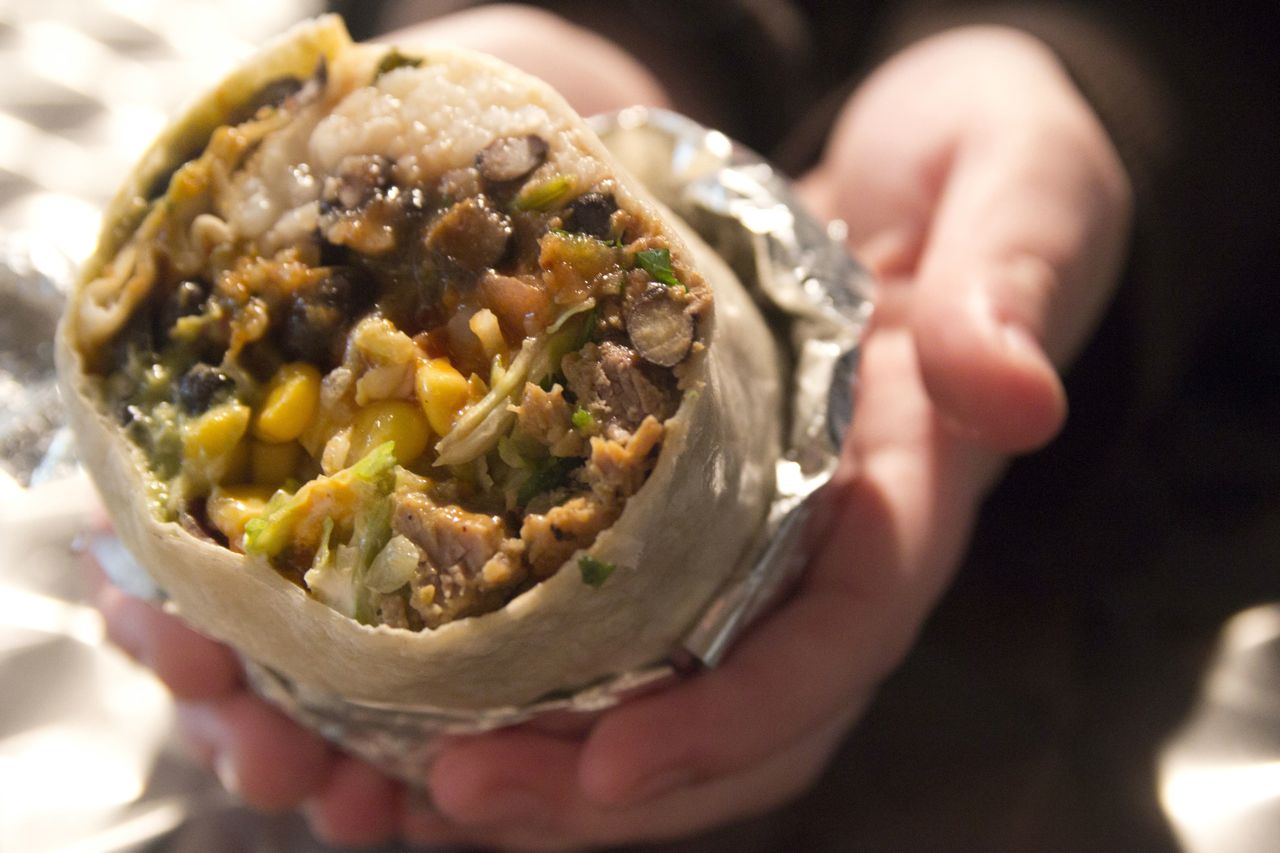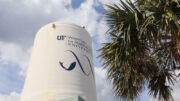
Plastics in addition to straws can be found at the St. Augustine Municipal Marina, a place where wildlife is often present. Photo: Barbaraliz Ortiz
By Barbaraliz Ortiz | gargoyle@flagler.edu
The city of St. Augustine has endured 453 years of rich history since its founding in 1565.
Plastic straws have been a part of that history for about 48 years, since their invention in 1970.
An easy to produce and cost effective product, their popularization in the 1980s is of no surprise. What is of surprise is that despite the adverse effects that waste from plastic straws have been found to have environmentally, people continue to use them. While some establishments in St. Augustine such as Barley Republic Public House and The Kookaburra Coffee have made the move towards implementing more sustainable alternatives, most of the city continues to ignore the larger problem.
As a coastal environmental science student based in St. Augustine, I can readily attest to how frustrating it is to have conversations regarding the complex nature of the issue. As a member of the community, the struggle to find a balance between what is ethically correct and what can be a viable solution can also be exasperating.
Understandably, the costly switch to more sustainable alternatives can deter many from taking the step. Paper straws are one apropos example, costing about two and a half to four cents to produce, compared to about half a cent for plastic straws.
But while the cost of straws may increase, so will the time that mankind has to correct some of the damage already caused by plastic straw pollution.
Currently, an estimated number of 12,000 to 24,000 tons of plastic are consumed by fish annually according to the Center for Biological Diversity. Animals such as sea turtles and seabirds are also routinely affected by plastic pollution, creating a significant threat to the world’s oceans and its inhabitants.
St. Augustine is no exception to wildlife exposure to plastic consumption. When researching in the field, classmates and I often witness crabs and other animals eating plastic at the marina, something that both confounds and deeply worries me. It is a rarity to take a stroll at the marina and not come in contact with at least one organism either consuming or swimming near plastic.

Marine life is especially affected by plastics, including straws. Photo: Barbaraliz Ortiz
In a coastal city like St. Augustine, it would seem that making the switch to sustainable alternatives is a logical solution to preserve the environment which draws many to the area. As tourism is a major contribution to St. Augustine’s revenue, with around six million visitors in 2015 alone, keeping the city and its beaches plastic pollution free enhance the tourist experience, making it at the very least aesthetically pleasing if not environmentally salubrious.
Some might argue that recycling is an equally sound solution to sustainable straws, but truthfully, most plastic is exceedingly difficult to recycle effectively. Assuming that every single person who comes in contact with a straw would think to dispose of it in a recycling bin rather than a trash can – plastic, especially the variety utilized in straws, is nearly impossible to recycle with no harmful implications. While plastic itself is easy to melt, any contaminants found in plastics will not be as easy to evaporate.
Additionally, little to no facilities recycle plastic straws. Despite the fact that the plastic used to manufacture straws, polypropylene, is recyclable, the small size of plastic straws makes recycling them a laborious task. They’re prone to slipping through cracks in the conveyor belts used to sort plastic at recycling facilities, which in turn causes them to be sent to landfills. Their production in general is problematic, since polypropylene is a byproduct of petroleum, a fossil fuel which requires significant amounts of resources to locate and refine.
Considering most plastics are not biodegradable, these pollutants take copious amounts of time to be removed from the planet which makes their buildup inevitable.
While the nation’s oldest city has been here for many years, if the production and consumption of plastic straws doesn’t wane, plastic pollution will be present for much longer than St. Augustine ever has.






Be the first to comment on "The last straw: Small solution to large problem in the nation’s oldest city"